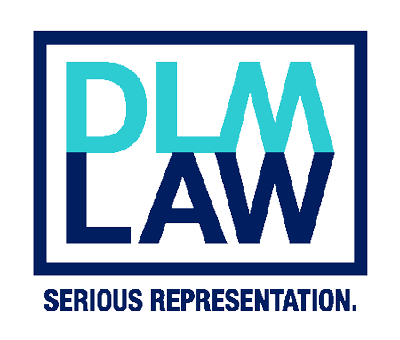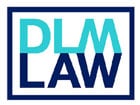Obviously, an attorney must be your lawyer before they can commit legal malpractice against you. Usually, an attorney and client form the relationship formally after meeting and signing an agreement. But this is not the only way to form an attorney-client relationship and create obligations on the lawyer’s part, such as attorney-client privilege and, potentially, a fiduciary duty.
Example of an attorney-client privilege formation
A court of appeals decision to allow a legal malpractice lawsuit to continue gives an example of how a dispute over whether an attorney was representing a business can be found in the business’ favor. The plaintiffs in the lawsuit wanted to form a real estate development company and hired the defendant’s law firm to assist it. According to the plaintiff, the defendant met with them and told them he was representing them. He instructed the plaintiff’s representatives to wire money into his escrow account and committed to disburse those funds in certain ways related to the plaintiffs’ desire to purchase a certain property. However, the defendant and plaintiffs never signed a written agreement to this effect.
Later, the attorney used the escrow funds toward the purchase of another property the plaintiffs had no interest in. Another of the attorney’s clients later purchased the desired property.
The appeals court had to consider whether the attorney owed a fiduciary duty to the plaintiffs. It found that he did when the plaintiffs placed their funds into his escrow account and became the agent for that money. The court also found that the oral agreement would have established a fiduciary duty even if no attorney-client privilege had existed.
No paper? Not necessarily a problem
Don’t give up if you believe your legal malpractice claim is too complicated to succeed. An experienced malpractice attorney might see things in your case that you missed or do not know about that could help you prove your claim.

